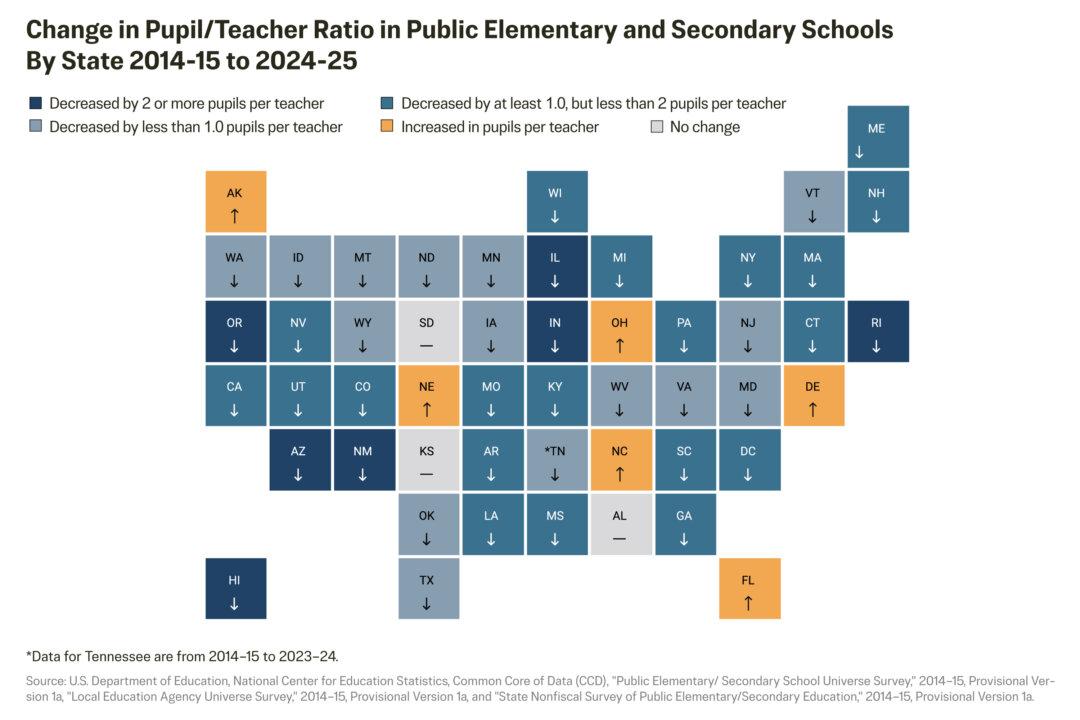U.S. Congress, state governments, and school districts across the nation are frantically promoting or passing measures to protect youth from harmful social media by restricting online platforms or limiting screen time and phone use in school, as well as a mass-action lawsuit against social media companies.
As that national debate unfolds, some educators and parents offer a simple solution predating all digital technology: Bring Back Boredom.





